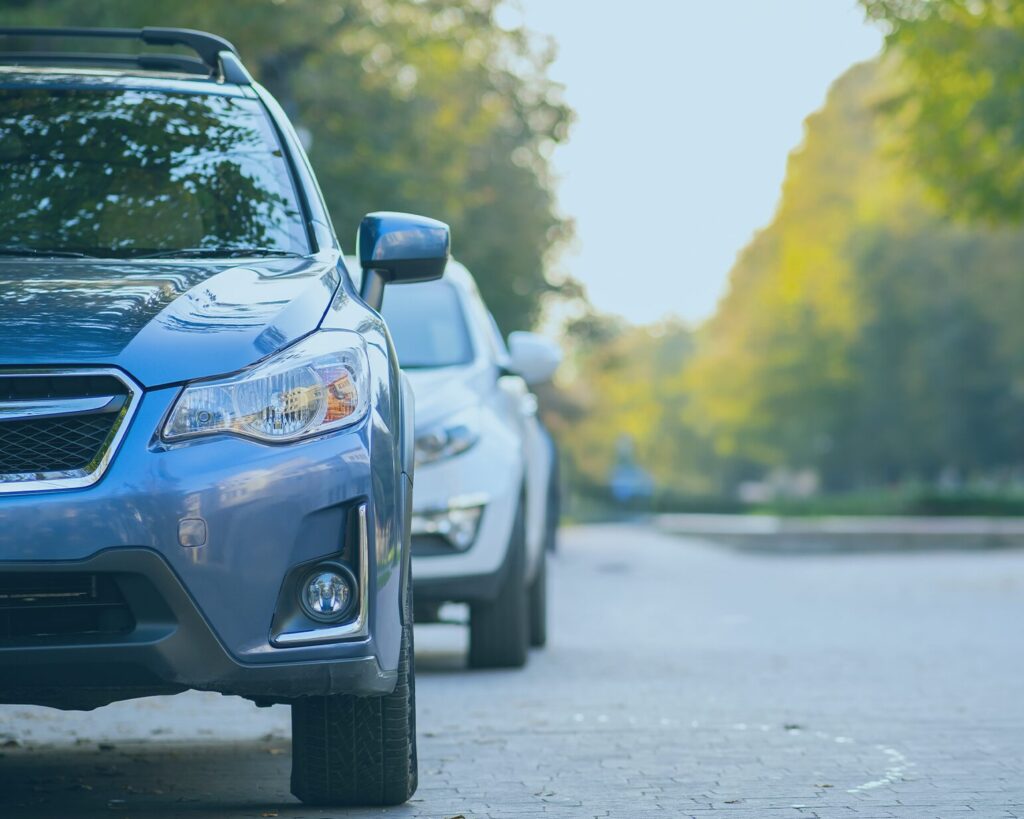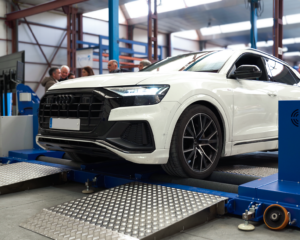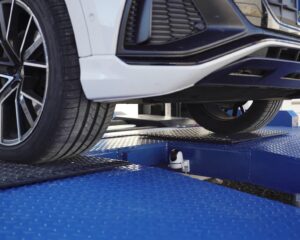On September 24th, the Spanish Association of Entities Collaborating with the Administration in the Technical Inspection of Vehicles (Asociación Española de Entidades Colaboradoras de la Administración en la Inspección Técnica de Vehículos) (AECA-ITV) presented the results of the 2024 technical inspections in a webinar in which Ryme Worldwide was represented. The results are a clear portrait of the situation of the vehicle fleet in Spain: although the majority of vehicles manage to pass the inspection on the first attempt, serious problems of absenteeism, aging and critical defects persist, which directly affect road safety and the quality of the air we breathe.
According to official data from the Ministry of Industry and Tourism, a 81% of the inspected vehicles passed the ITV in the first inspectionThis percentage, relatively stable in recent years, could be interpreted as good news. However, the figure is overshadowed by another, much more worrying fact: 32.7% of the vehicles required to report did not do soIn practice, one in three cars, motorcycles, or vans circulates without any technical inspection, which poses a risk to road safety and the environment.
Heavy transport and vans: the most vulnerable segments
The AECA-ITV report also sheds light on which vehicles face the most difficulties in inspection. Trucks, buses, and vans top the list of rejections, with pass rates significantly lower than average. These segments, which travel thousands of kilometers per year and typically endure intensive use, show a more pronounced deterioration of their mechanical and safety systems. Compared to these, agricultural vehicles, motorcycles, and passenger cars perform better, although they still carry a significant number of defects.
For Ryme Worldwide, these data are especially relevant. The need to have Robust inspection equipment, capable of evaluating heavy-duty, high-mileage vehicles, becomes a priority for ITV stations. With the expertise of Ryme Worldwide, in equipment for the inspection of heavy vehicles It is positioned as a strategic ally to ensure that these vehicles pass demanding tests with maximum reliability.
Serious defects in vital systems: a technical challenge for the MOT
Three out of four serious defects detected in 2024 are concentrated in just four areas: lighting, polluting emissions, tires and brakesThe poor condition of these systems directly compromises the safety of both the occupants and other road users, in addition to having a clear impact on air pollution.
At this point, the role of Ryme Worldwide It is therefore crucial to have equipment that meets these needs not only facilitates the inspectors' work, but also ensures more complete inspections, preventing defective vehicles from continuing to circulate.
An aging fleet of cars that multiplies the risks
Another element that most concerns AECA-ITV is the average age of vehicles in Spain, which in 2024 stood at 15.1 yearsThis means that one in two vehicles on our roads is now over fifteen years old, an age that multiplies the risk of technical failures and accidents.
The delay in passing the MOT exacerbates this problem: vehicles that arrive late for inspection have a much higher percentage of serious defects, which increases to 62% when the delay exceeds one year. This reflects the urgent need for stations equipped with Rugged inspection technology capable of effectively diagnosing multiple faults in aging vehicles
Technological innovation at the service of safety and sustainability
The picture described by AECA-ITV is clear: an aging vehicle fleet, with serious defects concentrated in essential systems and a high level of non-compliance in inspections. Far from being a barrier, Ryme Worldwide This reality is an opportunity to demonstrate its leadership in inspection technology, providing machinery capable of ensuring more reliable, safe, and sustainable inspections.
With its commitment to the innovation and technical excellenceRyme Worldwide has established itself as an indispensable partner for ITV stations in Spain and around the world, contributing to a shared goal: safer roads and cleaner air for all.



